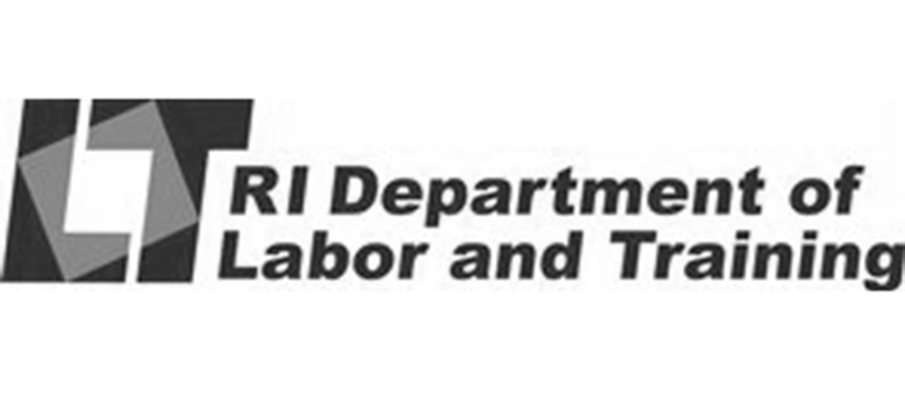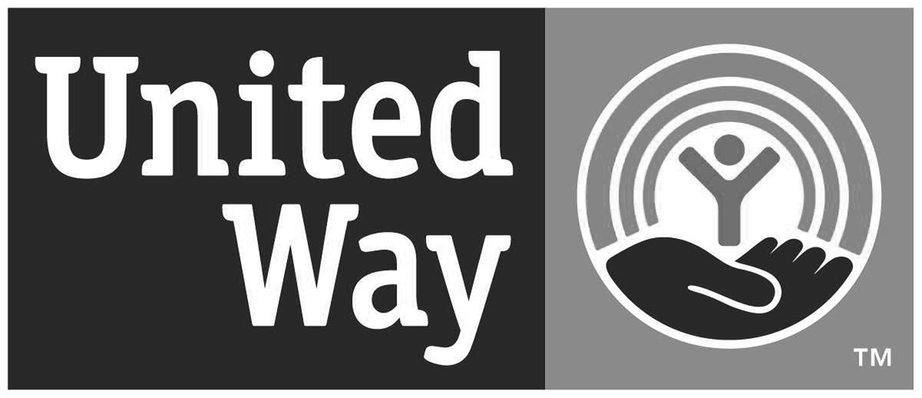Rhode Island's workforce is less educated than those in MA and CT
Compared with its neighbors, significantly fewer RI residents earned at least a Bachelors' degree. And significantly more lack a high-school diploma.
In total, 74,669 RI working-age adults (ages 18-64) have not graduated from high school and are not in school. Increasingly, employers require a high-school diploma, an equivalency diploma like a GED, or a college degree to be considered for a job. Roughly 34,921 working-age adults have limited English skills, or none at all.
While data aren't specific enough to prove that low basic skills cause an increased unemployment rate, the data clearly show that many RI workers lack the skills that qualify them for even entry-level jobs.
Data source: US Census Bureau, 2012 American Community Survey 1-Year and 5-Year Estimates.









